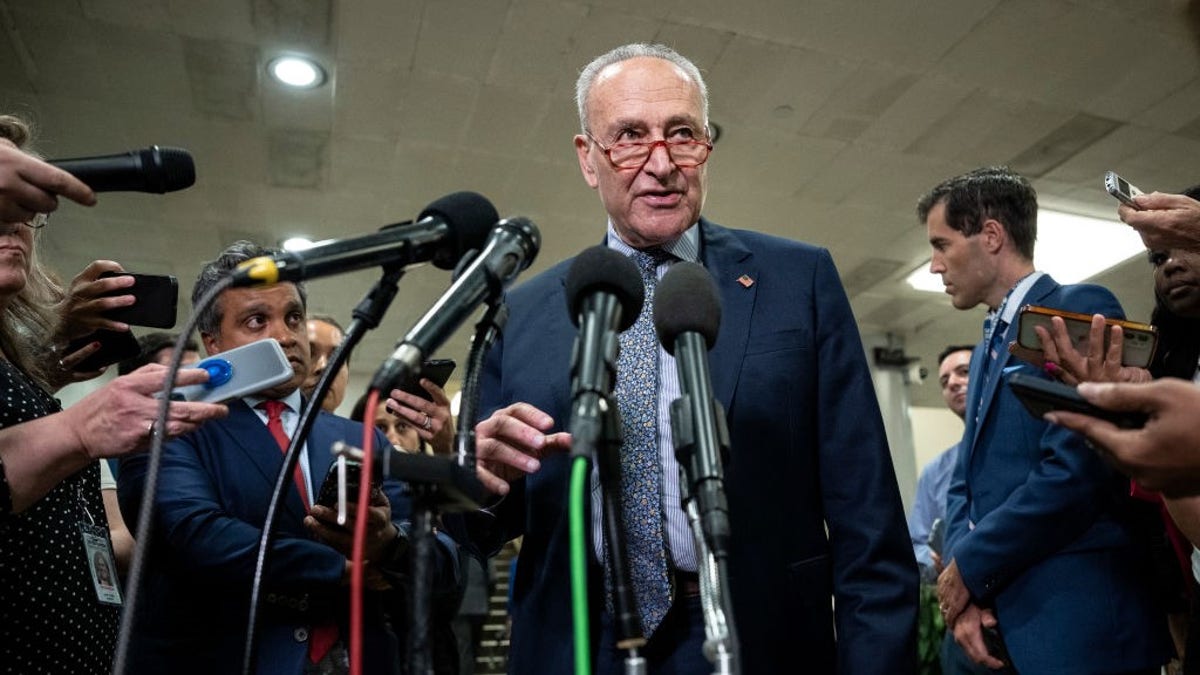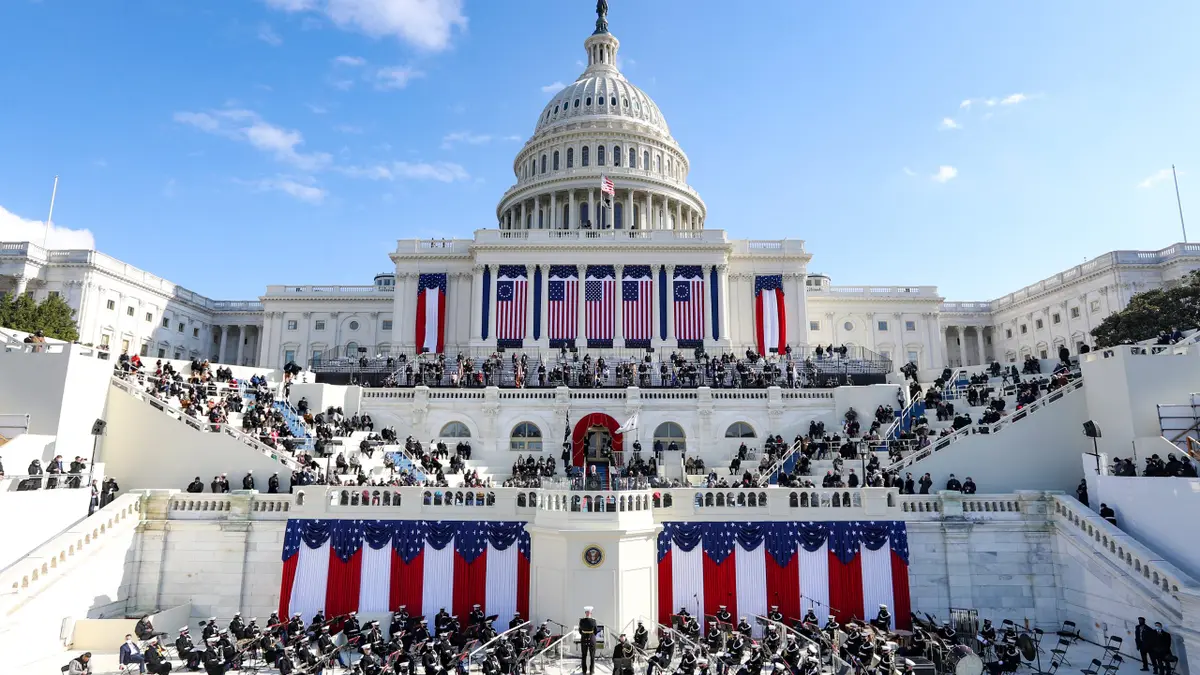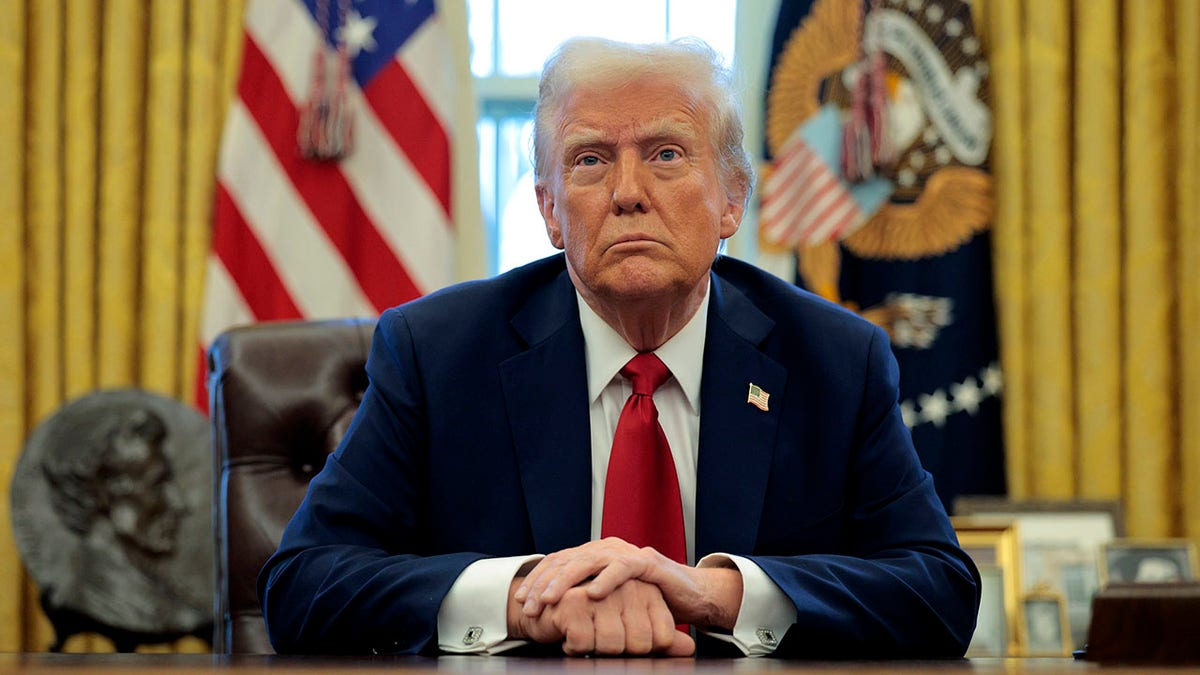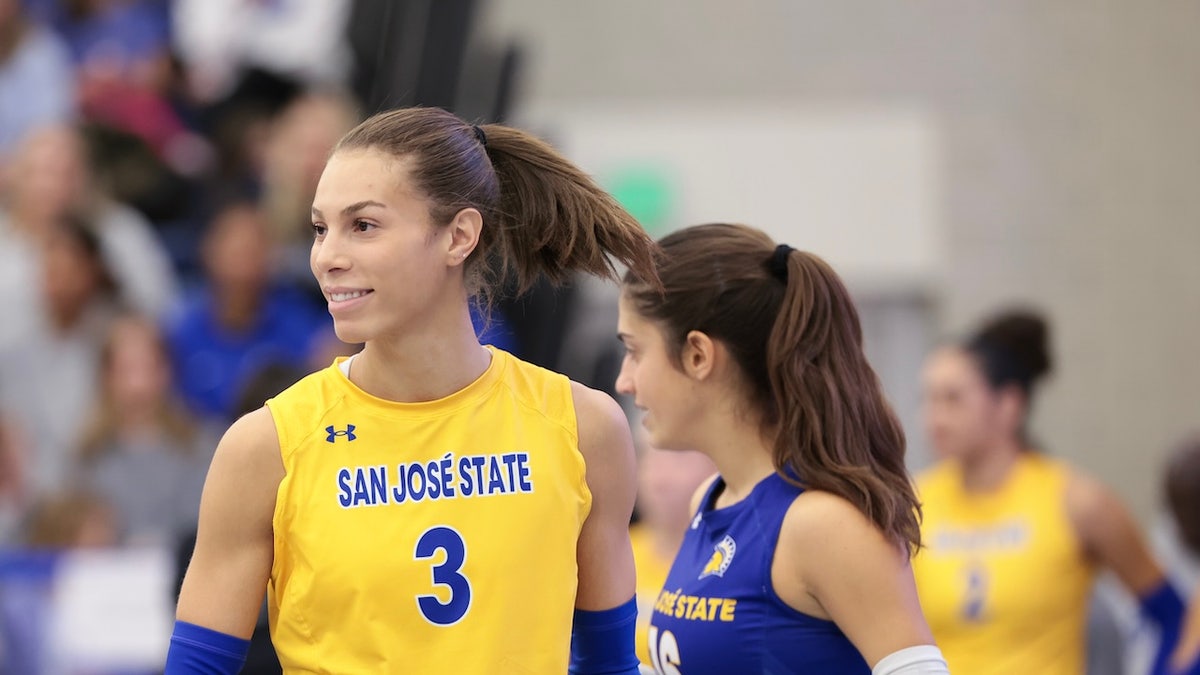A judge appointed by President Biden has extended a temporary restraining order against the Trump administration's reduction in funding for National Institutes of Health (NIH) research. This decision follows lawsuits from 22 states, universities, hospitals, and research institutions challenging the cuts.
Earlier this month, the NIH, the primary source of biomedical research funding in the United States, announced it would be reducing costs associated with research grants. This move was part of a broader Trump administration initiative to decrease government spending. The NIH distributed approximately $35 billion in grants last year, covering both direct research costs (salaries, supplies) and indirect costs (administrative, facility expenses).
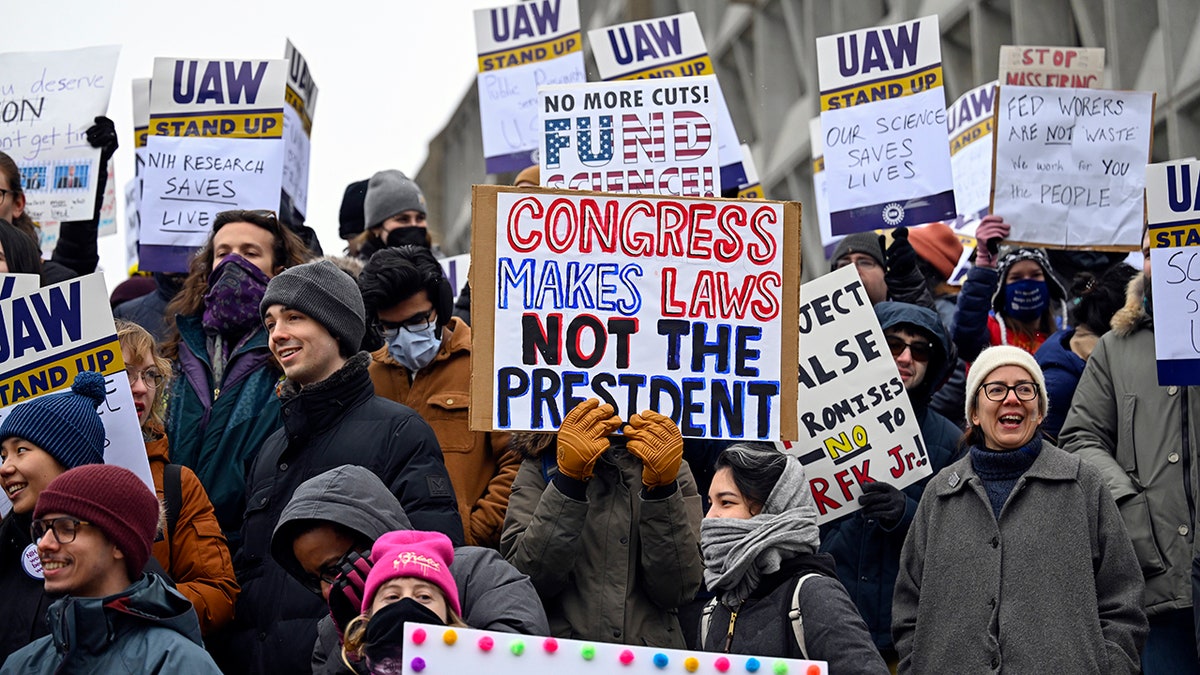
The Trump administration characterized these indirect costs as "overhead," but research institutions maintain they are essential for operations, covering expenses such as specialized equipment, hazardous waste disposal, safety protocols, and facility maintenance.
Opponents of the cuts argue they are unlawful, citing bipartisan congressional legislation passed during Trump's first term that prohibited such reductions. They claim the NIH is acting against congressional intent. The Trump administration, however, contends the NIH can modify grant terms and that these disputes should not be resolved in court. They also assert that the states and researchers have not demonstrated irreparable harm.
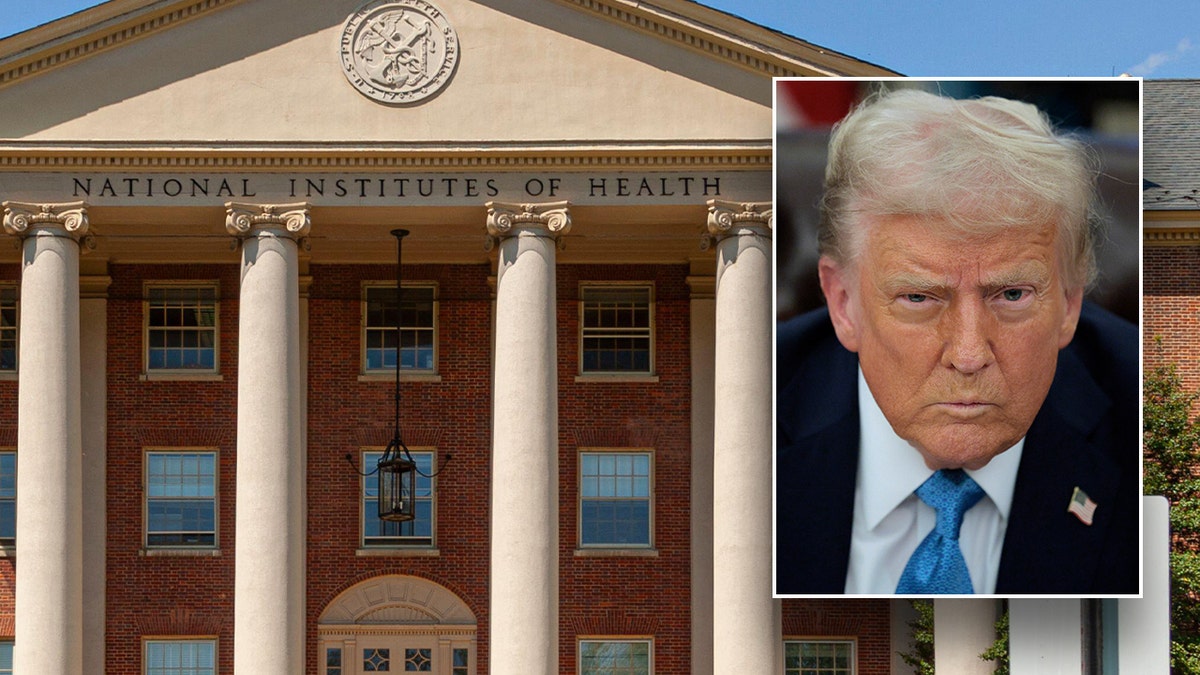
If implemented, the new policy would immediately cap indirect costs at 15% for both existing and future grants. The NIH estimates this would save $4 billion annually. Institutions like Johns Hopkins University warn that these cuts could lead to the termination or significant downsizing of research projects, potentially impacting numerous studies and patient access to clinical trials.
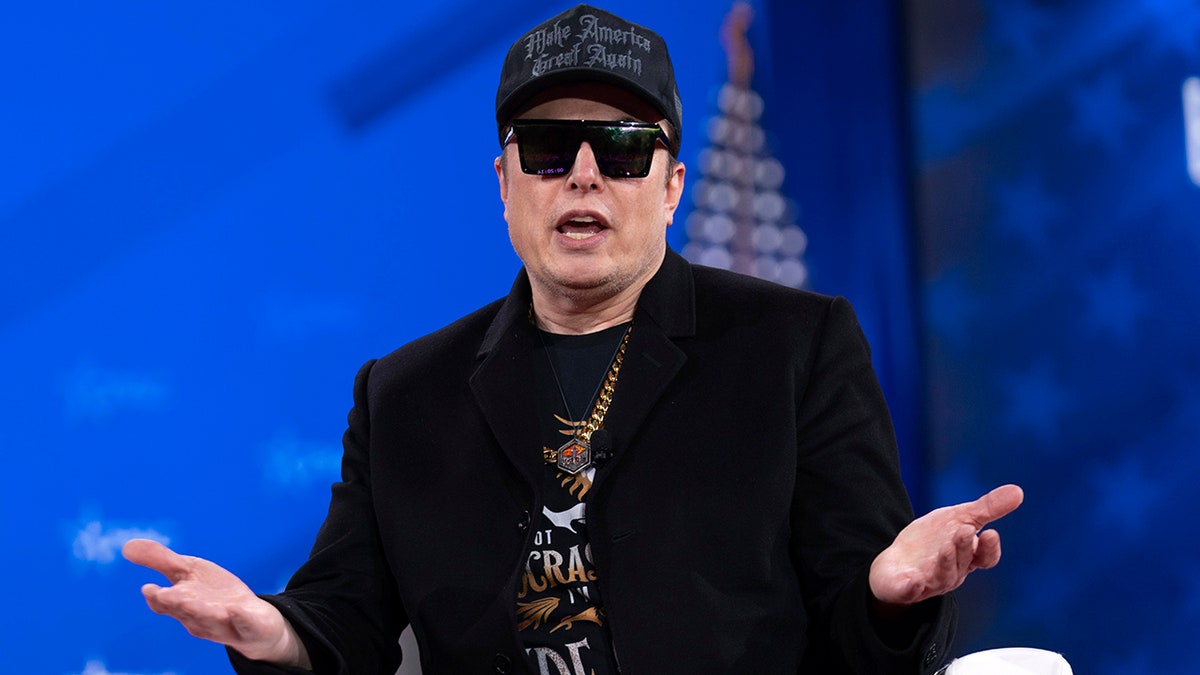
Elon Musk, heading the Trump administration's Department of Government Efficiency, supports the cuts, criticizing universities for allegedly using a significant portion of research funds for overhead. He called the practice a "ripoff" on social media.

